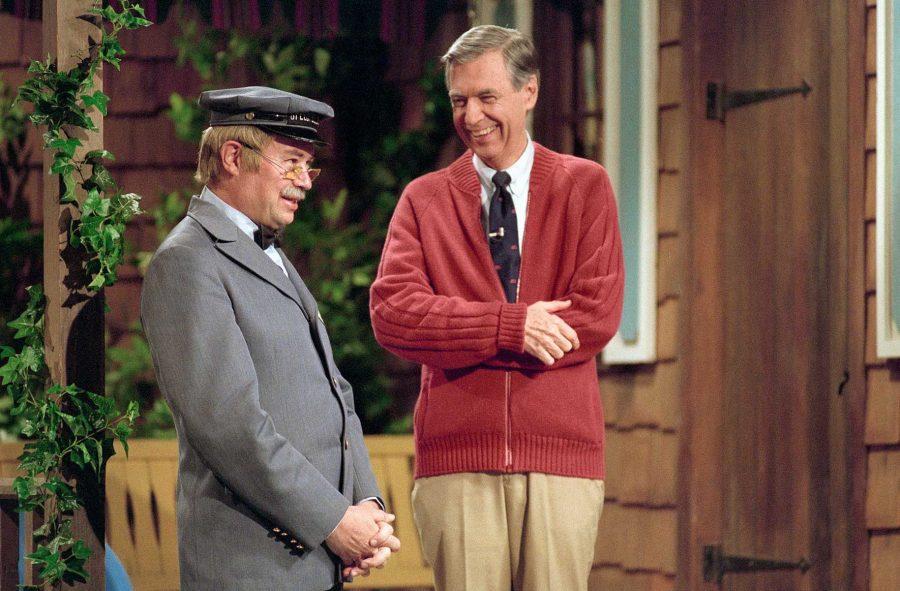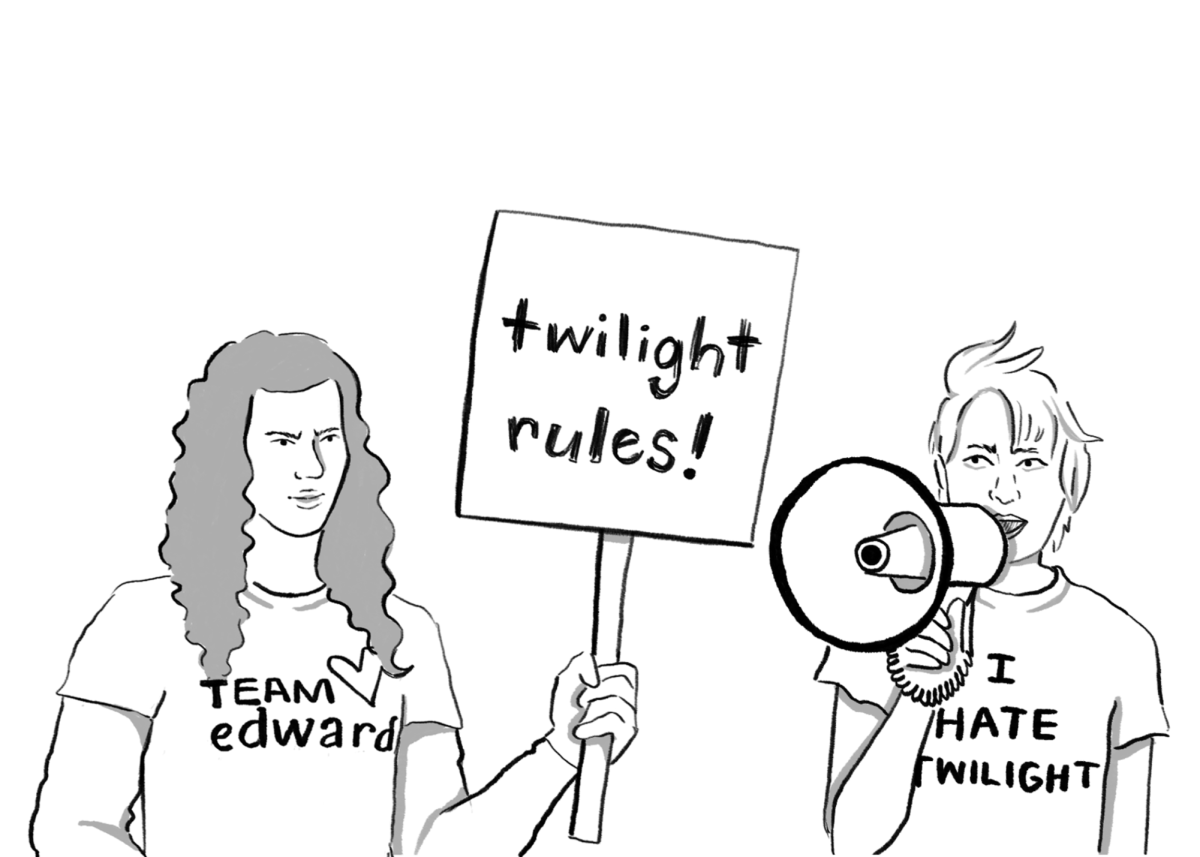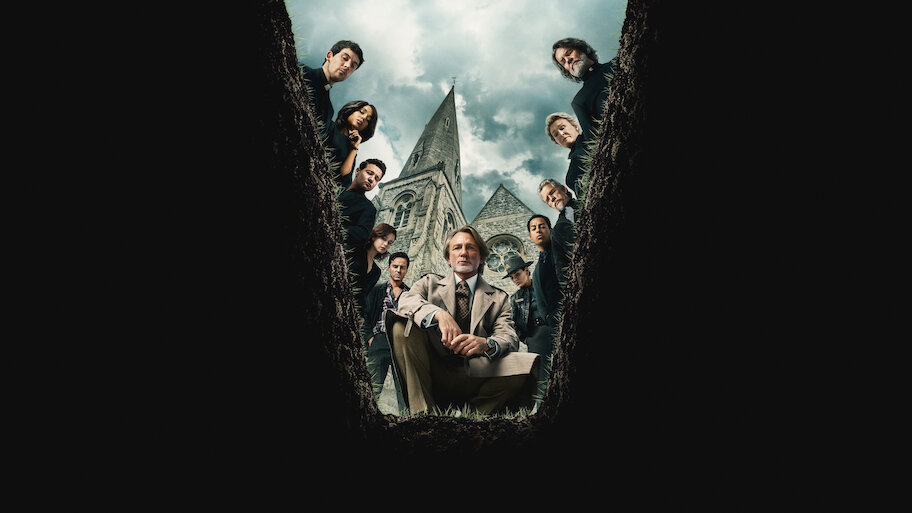A touching tribute, this documentary paints Mr. Fred Rogers as one of the nation’s most tender-hearted TV celebrities.
When people reminisce over classic children’s programs, the notable “Mister Rogers’ Neighborhood” often pops into mind. The show was like nothing else on television, as it taught kids life’s lessons, mishaps, and joys with the tender aid of the late Mr. Fred Rogers. Classifying this man as a simple children’s entertainer seems misguided, for he represented something closer to a saint or influential caretaker for many toddlers. He sincerely grasped an understanding of the vulnerability and fear that children feel, and worked to comfort and explain the inevitable events that many would have to face. “Won’t You Be My Neighbor” celebrates Rogers’ tranquil soul, one that showcases how values of altruism and empathy could better humanity and even apply to our current tumultuous climate. Rogers can be noted as a one-of-a-kind person, and watching his calming and optimistic demeanor revived on the big screen is a breath of fresh air.
The film explores Rogers’ vocation in helping children through mass media. He envisioned public television, a relatively new technology in the 1960s, as a potential benevolent tool to spread wholesome education instead of excessive consumerism and vapid entertainment to young kids. In one part of the documentary, he is shown strongly advocating for public broadcasting, even going to the U.S. Senate Subcommittee on Communication on May 1, 1969 to halt the massive budget cuts on Public Broadcasting Service (PBS). He wanted to continue its diverse program, spreading positive services for mental health and connecting children to civil discussions of life’s curveballs and tragedies. On the show, Rogers did not shy away from sharing events involving death and violence; rather, he created an environment of rumination and invited contemplation, showing his little viewers that sad things do happen. However, it’s important to “look for the helpers” during trying times.
Viewers also witness Rogers warmly interacting and pacifying children, like a gentle giant who has not lost perception of child-like innocence. With his endearing puppet characters and soothing singing, Rogers was able to communicate and intrigue these younger audiences. He especially used a raggedy tiger named Daniel to express his own personal anxieties and segway into serious issues. For instance, Daniel asked Mr. Rogers, “what is assassination?” as a way for Rogers to elucidate Bobby Kennedy’s murder in 1968 to youngsters. The toys were an extension of Rogers, providing solace for himself and others.
The documentary depicts Rogers as ideal and otherworldly, someone with seemingly no immoralities. All the interviewees — who are mostly family members, friends, and former guests of the show — describe him as the same unique, genteel man on and off screen. He showed how he was a civil rights’ activist in an episode, wherein he washed his feet with a black cast member’s, François Clemmon, to comment on the racial segregation of public swimming pools at the time. However, the documentary is transparent in showing some flaws in Rogers’ progressiveness. When Clemmons came out as a closeted homosexual to Rogers, Rogers convinced his close friend to marry a woman in effort to cover his sexual orientation, as the then-scandalous information could terminate the show. But the marriage eventually ended in shambles. This information is problematic at best, yet Rogers and Clemmons still ended up being like father and son, and in the documentary Clemmons sheds a tear, remembering Rogers as “his surrogate father.” Ultimately, the film intends to highlight relationships forged on acceptance and love, demonstrating that people can look aside their differences to become kindred spirits.
With the political turmoil and bloodshed of this country today, one wonders how Rogers would have responded if he were around in 2018. “Won’t You Be My Neighbor” generates sentiment amongst viewers as they internalize his philosophy of doing good and loving others. It offers a tear-jerking experience of kindness and compassion in order to supplant the frequent rancor and cynicism in our world. Rogers’ humble appearance is a timely and nostalgic reminder to not give up on treating people with affection and respect despite unavoidable swells of sadness and anger. Between all blue moments, happiness and purity remain, as the film commemorates the remarkable man we cordially call our neighbor.
Grade: A
Director: Morgan Neville
Starring: Fred Rogers, François Clemmons, Yo-Yo Ma, Joe Negri, Kailyn Davis, David Newell, Joanne Rogers
Release Date: June 8, 2018
Image courtesy of Focus Features














